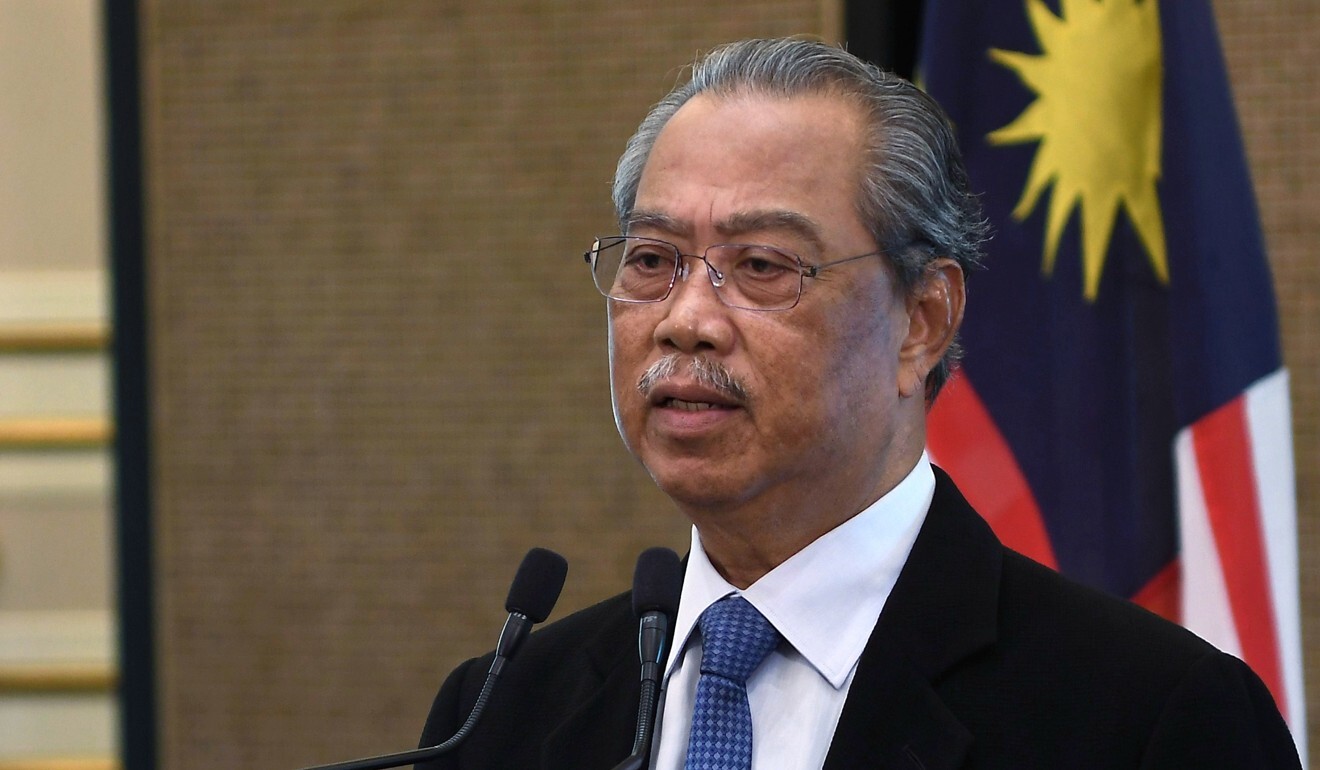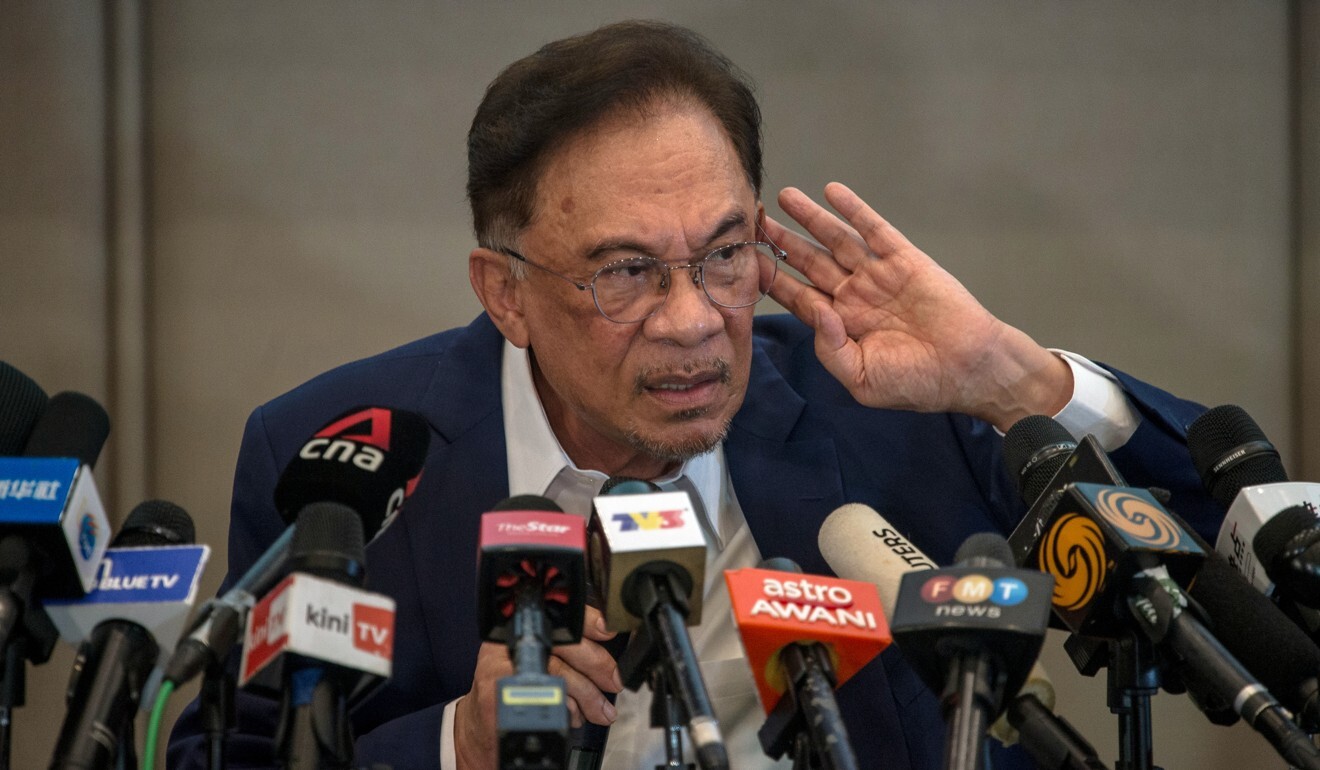
Sabah elections: voting begins in Malaysia’s bellwether state polls
- Can Shafie Apdal’s Sabah Heritage Party (Warisan) and its allies from Pakatan Harapan repeat 2018’s triumph? Or will Perikatan Nasional win?
- The results could decide if Prime Minister Muhyiddin Yassin goes ahead with early national polls to try and solve his razor-thin majority in parliament
Voter turnout stood at 58 per cent at 3pm, the Election Commission said. On Friday, officials said preliminary results would be released at around 10pm.
With issues such as immigrants, territorial disputes and federal funding all being trotted out during the hustings, analysts say that voters will have a tough time picking a winner, partly because of the large number of candidates being fielded – 447 in total from 15 parties, all vying for 73 state assembly seats.
“The appearance of new faces, the return of old parties and the increase in the number of candidates and political parties will give voters a hard time. They will be confused as to whom they should vote for,” Romzi Atong, a political researcher from University Malaysia Sabah, told state broadcaster Bernama.

Shafie and his party have governed Sabah since 2018, but a slew of defections earlier this year threatened to hand the state government to Perikatan Nasional. Rather than allowing that to happen, the governor dissolved the legislative assembly, triggering snap polls.
Meanwhile, the coronavirus pandemic has made campaigning even more challenging in a state with a stark urban-rural divide and poor infrastructure.
“Debates remain vibrant, and Sabah commenters openly discuss political issues in non-partisan digital spaces,” they write, while noting that the presence of “cybertroopers” – a catch-all phrase popular in Malaysia to describe those paid by political masters to disseminate propaganda – could strengthen “personal echo chambers”.

The results of the election will most likely have an impact on federal politics, according to observers, especially following Muhyiddin’s remarks that a win for his coalition – fractured by internal jostling and plagued by a razor-thin parliamentary majority – could lead to earlier national elections.
“If parties backing Prime Minister Muhyiddin Yassin oust the incumbent state government in Sabah in this weekend’s elections, he would likely call national polls earlier than [he would otherwise],” said Peter Mumford, head of political risk consultancy Eurasia Group’s Southeast and South Asia division.
Anwar’s announcement earlier this week earned criticism from some quarters over its timing – on the cusp of Sabah’s state elections – and because it seemingly pre-empted the nation’s king, who needs to grant his assent for a new parliament to be formed.
Meanwhile, a recent statement from the nation’s defence minister that people who had tested positive for Covid-19 would not be able to vote on Saturday was roundly censured online.
Under new regulations, individuals placed under a quarantine order can vote but must be accompanied by health officials to special balloting areas – a rule that dispute resolution and constitutional lawyer Lim Wei Jiet said was “arguably a breach of a citizen’s constitutional right to vote”. The “obvious solution”, he said, was to allow those who had tested positive to vote from hospitals or quarantine centres.
“This is not a great logistical hurdle. A balance needs to – and can be – struck between the right to vote and public health,” he said.

